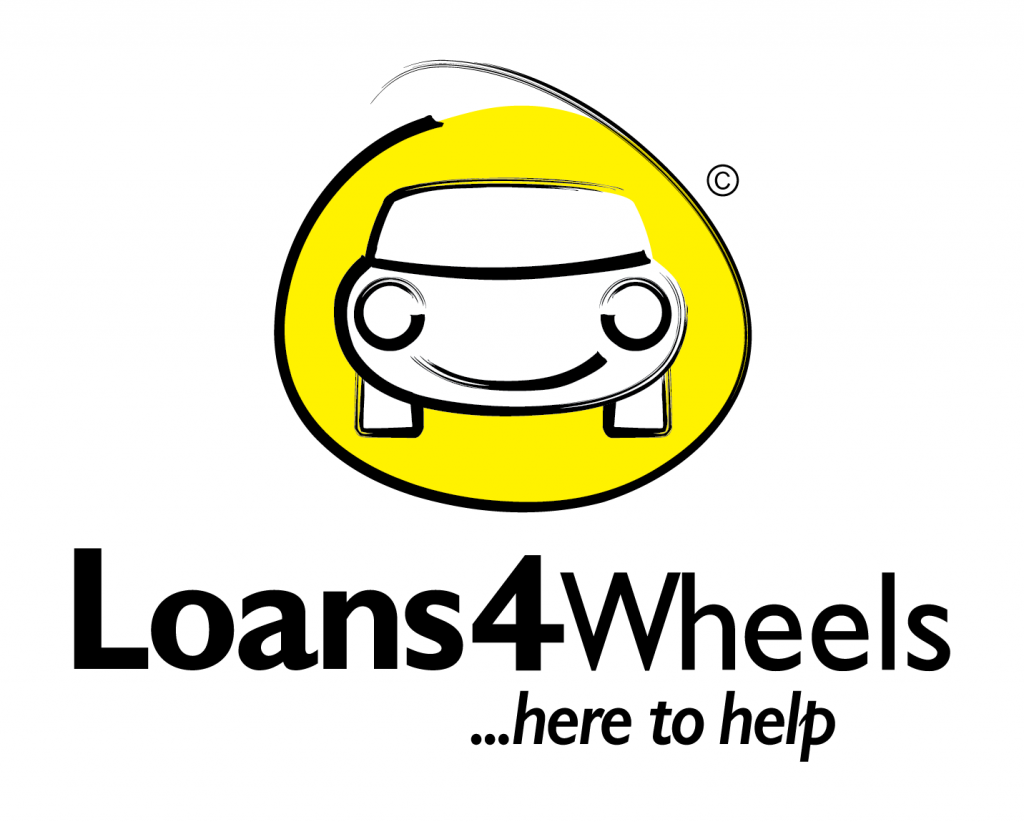The home market right now is very busy, and as such, there are countless options out there when it comes to home loans. But, what type of home loans is right for you?
Every day, it seems, there are more and more options becoming available, and each of these have their own benefits and drawbacks, as well as several ways of paying them down. Because of this, it is important that you do your homework and get to know what is out there before you jump into a home loan.
What needs do you have?
Before making a decision about a home loan, there are two very important questions that you need to ask yourself:
What do you need from the loan:This refers to a few things, mainly the amount of money that you need? It can also mean if you need the money as a lump sum, or released to you in increments and what additional features do you want attached to the loan eg. Redraw of offset facilities
How will you pay it off:Do you want a fixed payment each month? Or would you prefer the option to pay it off as early as you can.
Payment options: The difference between Principal/Interest versus Interest-only
When it comes to home loans, there are two major options for repayment: Principal and interest payments, or interest-only payments.
Principal/Interest payments have found themselves becoming the preferred home loan among Australian home buyers. This payment method covers both the principal (the amount you are borrowing) and the interest (what the bank charges you for lending money.) This method has the payments at the beginning of the loan pay off mostly interest, while the payments progress towards covering more of the principal as the interest is paid down.
The main pro for this method is that you can start to build equity a lot sooner. However, the drawback is that the payments are the beginning of the loan are a lot higher.
With interest-only home loan period, you will be only paying off the interest. This kind of payment method can be a lot more tax friendly for investment properties. However, you do not start to acquire equity until all of the interest is paid off.



